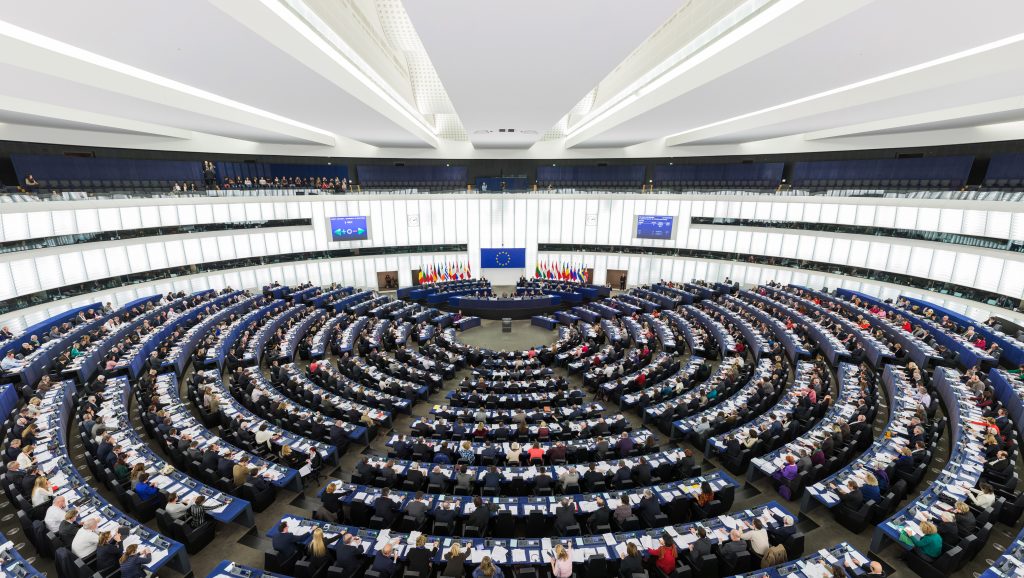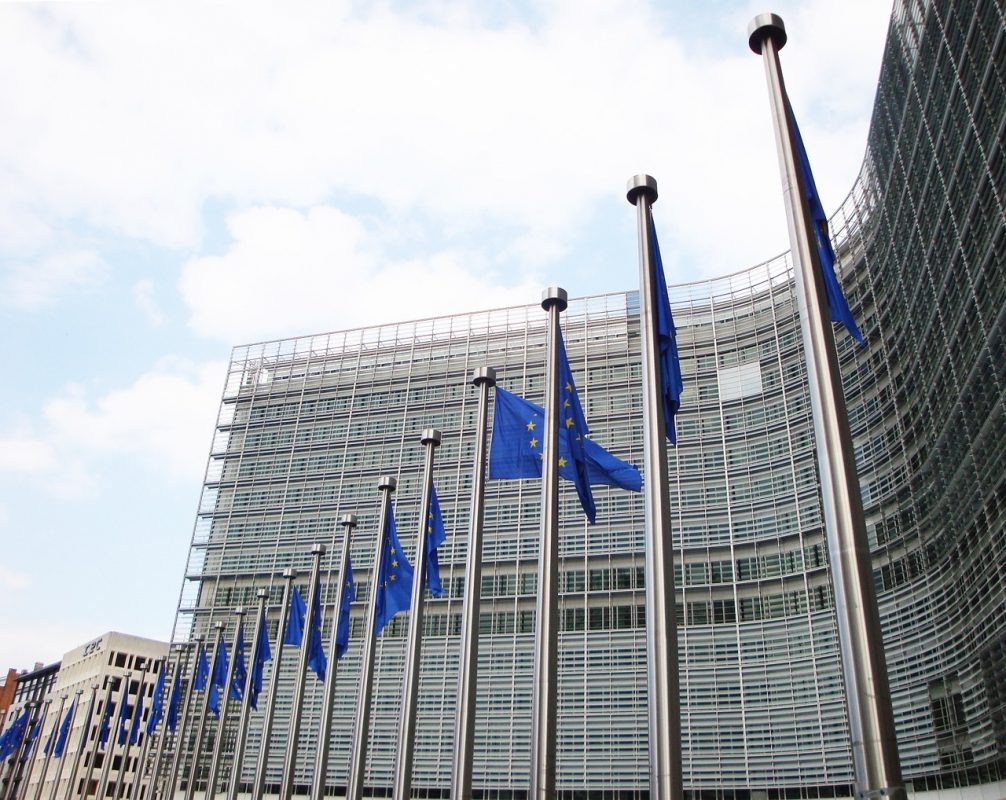European NGO alliance urges Commission to ban electric fishing

January 15th, 2017
An NGO alliance has called on the European Commission to withdraw all proposals in support of electric fishing as MEPs prepare to vote on restoring a blanket ban on the controversial practice.
In a joint letter to the Commissioner for Maritime Affairs and Fisheries, Karmenu Vella, 17 European NGOs – including the Irish Islands Marine Resource Organisation (IIMRO) and the Irish Wildlife Trust (IWF) – called for the removal of all references to electric fishing in the Commission’s proposal.
MEPs will vote tomorrow on a European Commission proposal to allow for electric pulse fishing to become a fully legal fishing practice across the EU. This practice involves dragging an electrified net across the sea floor which stuns marine species in its path.
In 1998, the EU banned the use of fishing methods involving explosives, poison or electric current in fishing. However, in 2006, the Commission put forward a proposal to grant Member States derogations to practice electric fishing, which was quickly adopted by the EU Council.

MEPs will vote tomorrow on a European Commission proposal to allow for electric pulse fishing to become a fully legal practice
According to the letter, the decision went against the recommendation of the EU’s Scientific, Technical and Economic Committee for Fisheries (STECF) in a 2006 working paper. In the report, STECF urged cautioned on the use of electric pulse fishing due to the unknown impacts on the marine ecosystem.
“Taken into account in particular the unknown effect of pulse trawl fisheries on non-target species and the potential impact on vertebrates and invertebrate species, STECF concludes that although the development of this technology should not be halted, there are a number of issues that need to be resolved before any derogation can be granted,” the report states.
‘Brutal’ Practise
According to the Irish Wildlife Trust, the practice is “as brutal as it sounds” and has also contacted Irish MEPs urging them to vote in favour of reinstating the original blanket ban.
“Proponents defend the electrocution of sea life by saying it is less harmful than the dredging practices currently carried out. This is like promoting cholera because it is better than a dose of the plague,” the group said in a statement.
A group spokesperson told The Green News that they are confident the majority of Irish MEPs will vote in favour of banning the practice.
Impact of electric fishing
According to BLOOM, a marine conservation NGO, there are numerous negative socio-economic and environmental impacts of electric fishing.
According to the group, the electric current used causes violent convulsions in fish, leaving them with fractured spines or internal bleeding after the electric shock.
“This indiscriminate fishing method enables the fishing industry to catch fish more easily, and to save on fuel, but at the cost of huge destruction to marine ecosystems, and to small-scale fisheries,” a BLOOM statement continues.
This fishing method is also known to be wasteful due to the non-selective nature of the practice and is estimated to generate a discard rate of between 50 and 70 per cent, according to the NGO letter.
China moved to ban the practice in 2006 due to the impact on biodiversity, while Hong Kong outlawed electric fishing back in 1998 due to its “long-term deleterious effect” on fisheries and the marine ecosystem.
[x_author title=”About the Author”]







